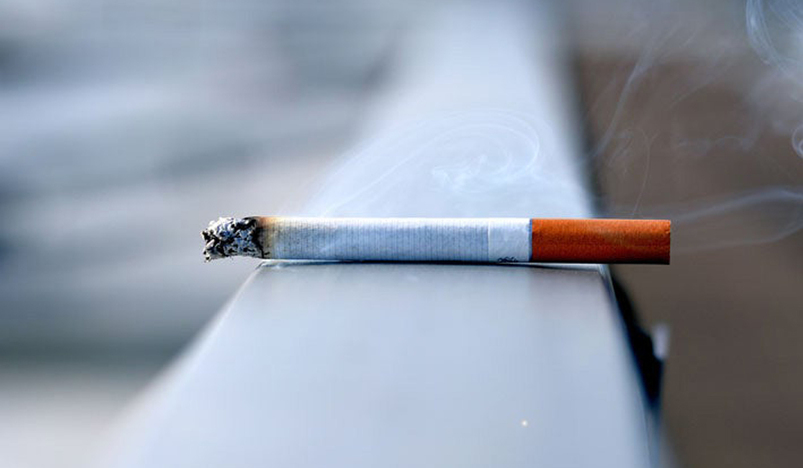
Smoking
Scientists have discovered one mechanism by which tobacco smoking causes cancer and makes it more difficult to treat by undermining the body’s anti-cancer safeguards, a new study has said.
The study, published in the journal Science Advances, links tobacco smoking to harmful changes in DNA called 'stop-gain mutations' which tell the body to stop making certain proteins before they are fully formed.
The scientists from the Canada-based Ontario Institute for Cancer Research (OICR) found that these stop-gain mutations were especially prevalent in genes known as "tumour-suppressors", which make proteins that would normally prevent abnormal cells from growing.
“Our study showed that smoking is associated with changes to DNA that disrupt the formation of tumour suppressors,” said Nina Adler, a University of Toronto PhD student.
“Without them, abnormal cells are allowed to keep growing unchecked by the cell’s defences and cancer can develop more easily,” she added.
The scientists used powerful computational tools to analyse DNA from over 12,000 tumour samples across 18 different types of cancer.
Their analysis showed a strong link between stop-gain mutations in lung cancer and the telltale 'footprint' that smoking leaves in DNA.
"Our study highlights how tobacco smoking actually deactivates critical proteins, which are the building blocks of our cells, and the impact that can have on our long-term health," said Reimand, an OICR Investigator and Associate Professor at the University of Toronto.
The study also identified other factors and processes responsible for creating large numbers of stop-gain mutations, which are also called 'nonsense' mutations.
Some, such as the APOBEC enzyme family, which has been related to stop-gain mutations in breast cancer and other cancers, occur naturally in the body.
Other factors, such as an unhealthy diet and alcohol intake, are likely to have comparable detrimental effects on DNA, according to Reimand, but more research is needed to completely understand how this occurs.
.jpg)
Qatar Secures Place Among the World's Top 10 Wealthiest Nations
.jpg)
Hamad International Airport Witnesses Record Increase in Passenger Traffic

Saudi Arabia: Any visa holder can now perform Umrah

What are Qatar's Labour Laws on Annual Leave?
Leave a comment